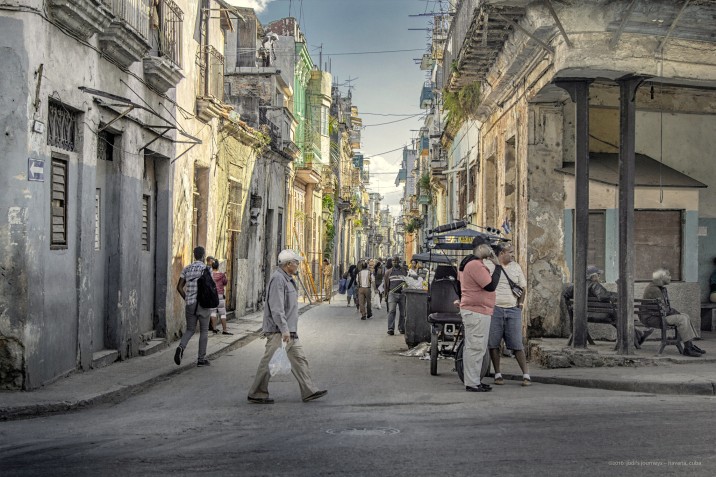
By Francisco Acevedo
HAVANA TIMES – Just when the heat is at its peak in this country, the government acknowledges the existence of another serious crisis in electricity generation, due to a lack of fuel and the poor condition of power plants.
This isj old hat, but after having a relatively calm month (from mid-July to mid-August) with few blackouts, at least in Havana, the outages have returned, causing the population to be understandably upset.
It’s not surprising, especially when this week the official annual inflation figures for Cuba’s formal market were released. They show that in July, inflation reached 30.48%, practically the same rate as the previous month, according to the National Office of Statistics and Information (ONEI).
Additionally, the Consumer Price Index (CPI) rose by 0.83% from June, bringing the accumulated inflation rate for the year to 18.78%.
According to ONEI, the products and services with the highest annual increases were Alcoholic Beverages and Tobacco (50.48%), Restaurants and Hotels (36.71%), Food and Non-Alcoholic Beverages (35.17%), and Transportation (32.58%).
All these categories were driven up by the shortage of state supplies on the one hand and the emergence of new private entrepreneurs (included in the monthly report for the first time), whose prices are governed by the uncontrollable US dollar – Cuban peso exchange rate. This caused nearly all items to experience annual increases of over ten percent, except for Recreation and Culture (9.32%), Communications (0.75%), and Health (0.72%), because they are practically state monopolies.
The undeniable effects of the Covid-19 pandemic and the tightening of US sanctions under the Trump administration (2017-2021 and m


